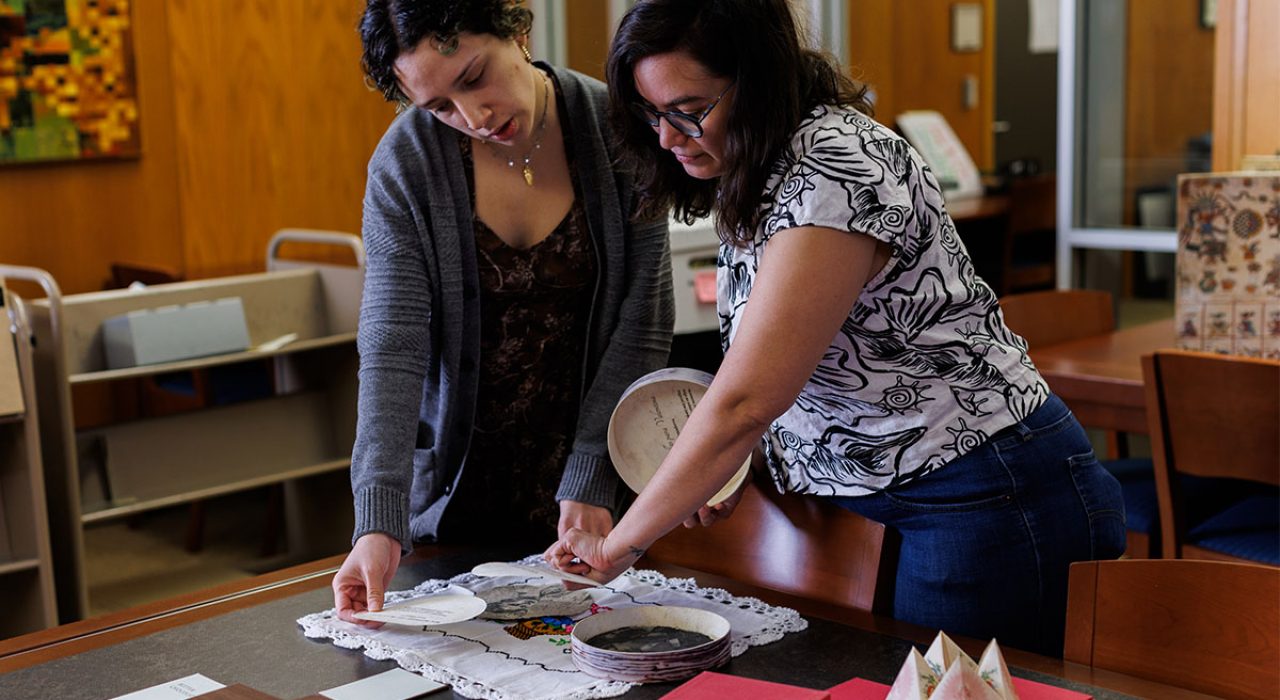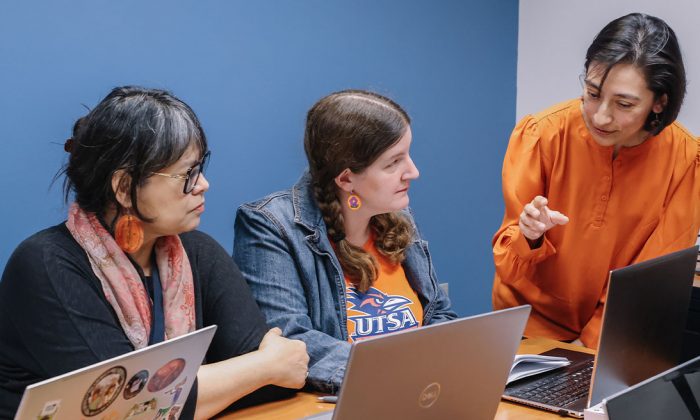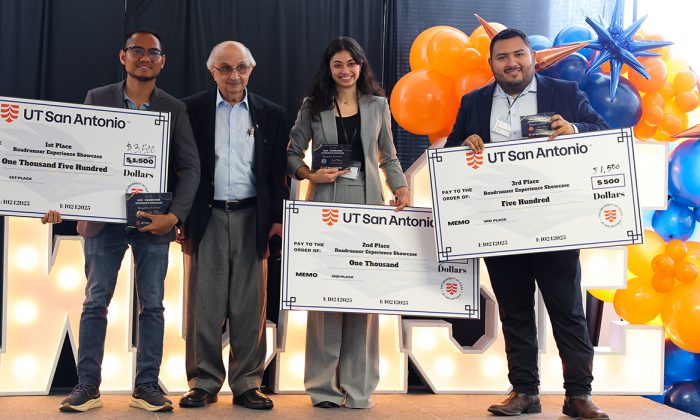The Special Collections department of UT San Antonio Libraries and Museums has awarded its annual Faculty Teaching in the Archives grants for the 2025–26 academic year.
This year’s recipients are Liliana Saldaña, PhD, an associate professor of Mexican American Studies, and Claudia Treviño García, associate professor of instruction in the Bicultural-Bilingual Studies Department.
The competitive grants support faculty members who integrate the university’s rare and unique archival collections into their classrooms, creating assignments that enable students to work directly with primary sources.
Special Collections preserves rare books, manuscripts, photographs and university archives that document the history and culture of San Antonio and South Texas. Key areas include Mexican American and Texas history, Mexican culinary traditions, Chicano studies, women and gender studies, and the university’s own institutional history.
The FTIA program links students to San Antonio and South Texas history through hands-on use of archival sources, preparing them for more advanced scholarship and community involvement.
“Faculty Teaching in the Archives grants give instructors the resources to create powerful learning experiences,” said Amy Rushing, associate vice provost, Special Collections. “We are excited to support Dr. Saldaña and Professor Treviño García as they introduce new generations of students to the power of archival research.”
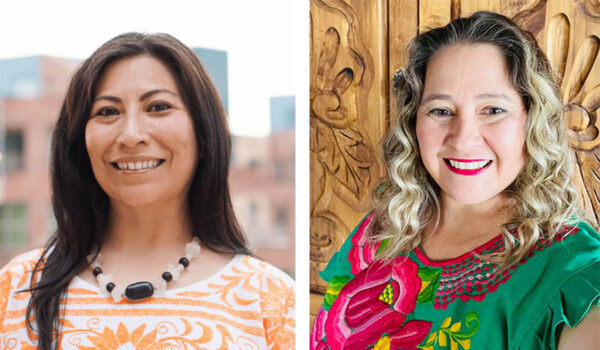
Analyzing Fiesta
Saldaña plans to incorporate Special Collections into her Spring 2026 undergraduate and graduate courses, Special Topics in Mexican American Studies: Fiesta and the Coloniality of Cultural Tourism and Public Celebration (MAS 4953 and MAS 6973).
Through archival research, critical readings and interdisciplinary projects, students will analyze Fiesta San Antonio — the city’s largest public celebration — as both a cultural tradition and a political issue.
“These archives will provide me with an opportunity to implement innovative archives-centered pedagogical approaches in this MAS Special Topics course,” Saldaña said.
“Students will be introduced to a variety of primary sources, engaged in in-depth archival research, and challenged to build their critical thinking skills through collaborative projects and presentations,” she added. “My goal is to weave UTSA’s archival holdings into a course that asks students to think critically about Fiesta as both a site of cultural expression and colonial legacy.”
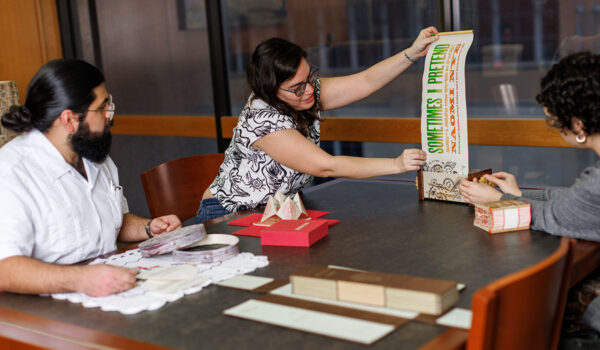
Teaching boxes
Treviño García’s project will focus on creating “Social Studies Boxes” — hands-on kits designed to introduce future bilingual educators to archival teaching methods.
Each box will feature a notable local, state or national figure, and will include digitized or physical artifacts, biographical details and a comprehensive standards-aligned lesson plan for elementary classrooms.
Using primary sources from Special Collections, these lesson plans are designed to provide students in Approaches to Teaching Social Studies and Integrating Other Content Areas (BBL 4063) with practical tools for designing lessons that connect history to real-life experience.
A pilot set of three to five boxes will be developed in collaboration with UT San Antonio librarians during the academic year. The kits will be tested in local elementary classrooms and revised based on student engagement and mentor teacher feedback.
“Many of my students are preparing to become bilingual educators and giving them access to primary sources helps them see how history can be taught in culturally responsive and inspiring ways,” Treviño García said. “The Social Studies Boxes will allow them to design lessons that connect children with people and stories from their community, making history tangible and relevant.”
